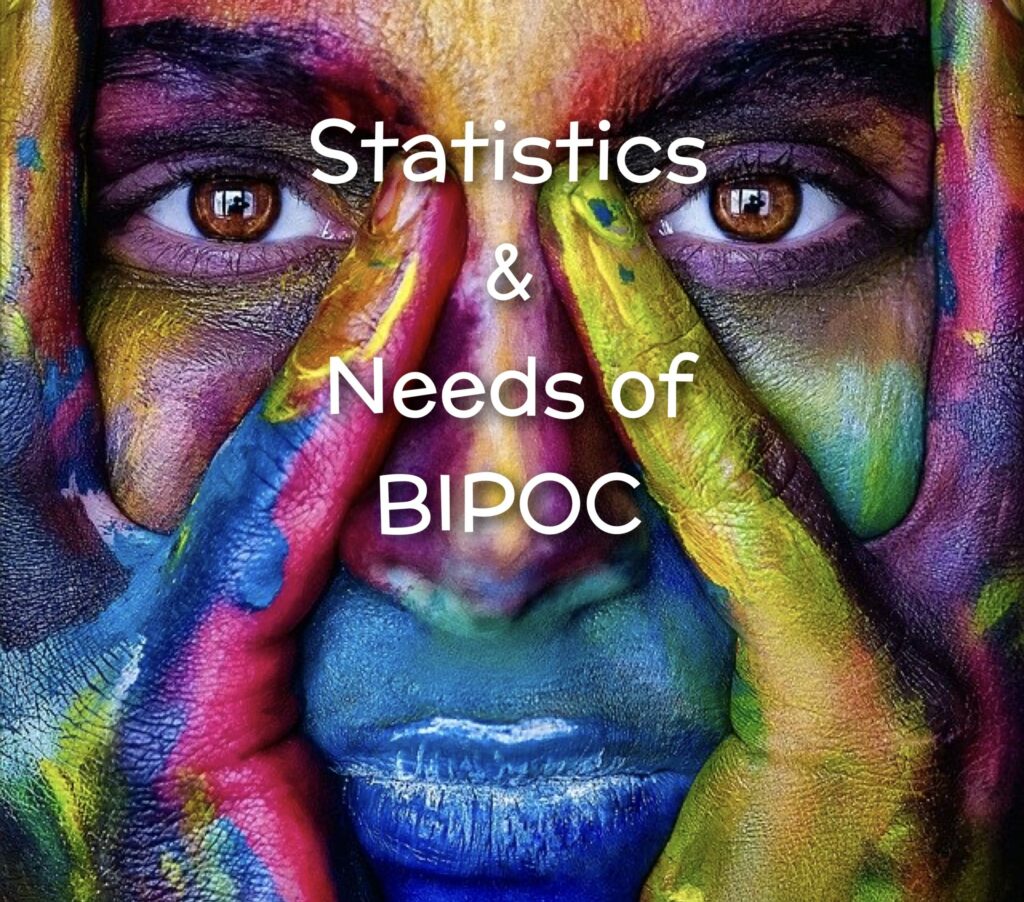J Affect Disord
The clinical effectiveness of stepped care systems for depression in working age adults: a systematic review
Background: Stepped care service delivery models involve treatments that become increasingly intense through successive steps, with patients re-assigned via pre-defined decision criteria. This article reviews the clinical effectiveness of stepped care systems for depression in working age adults.
Methods: Systematic literature review of quantitative clinical outcome evidence comprising 14 controlled and uncontrolled studies meeting specified criteria. Principal outcomes were (a) recovery rates, defined as patients no longer meeting clinical cut-off criteria for the specific outcome measure and (b) treatment response rates, defined as a 50% decrease in outcome measure score.
Results: Stepped care systems had recovery rates ranging predominantly between 40% and 60% and response rates approximating 60%. Studies comparing stepped care with usual/enhanced usual care tended to find significant differences favouring stepped care. The median recovery odds ratio was 1.31 (interquartile intervals of 1.05 and 1.66; k=7 studies). The median comparative Cohen’s d effect size estimate was 0.41 (interquartile intervals 0.25 and 0.45; k=5 studies).
Limitations: The inclusion of uncontrolled studies could be seen as reducing the overall quality of evidence and a meta-analysis was not included due to limitations with the available data.
Conclusions: Evidence suggested that stepped care interventions for depression are at least as effective as usual care. However, the clinical and organisational superiority of stepped care is yet to be scientifically verified. Differential benefits of stepped care may ultimately depend on service quality. Further research investigating and comparing the specific components and configurations of stepped care interventions are indicated.


